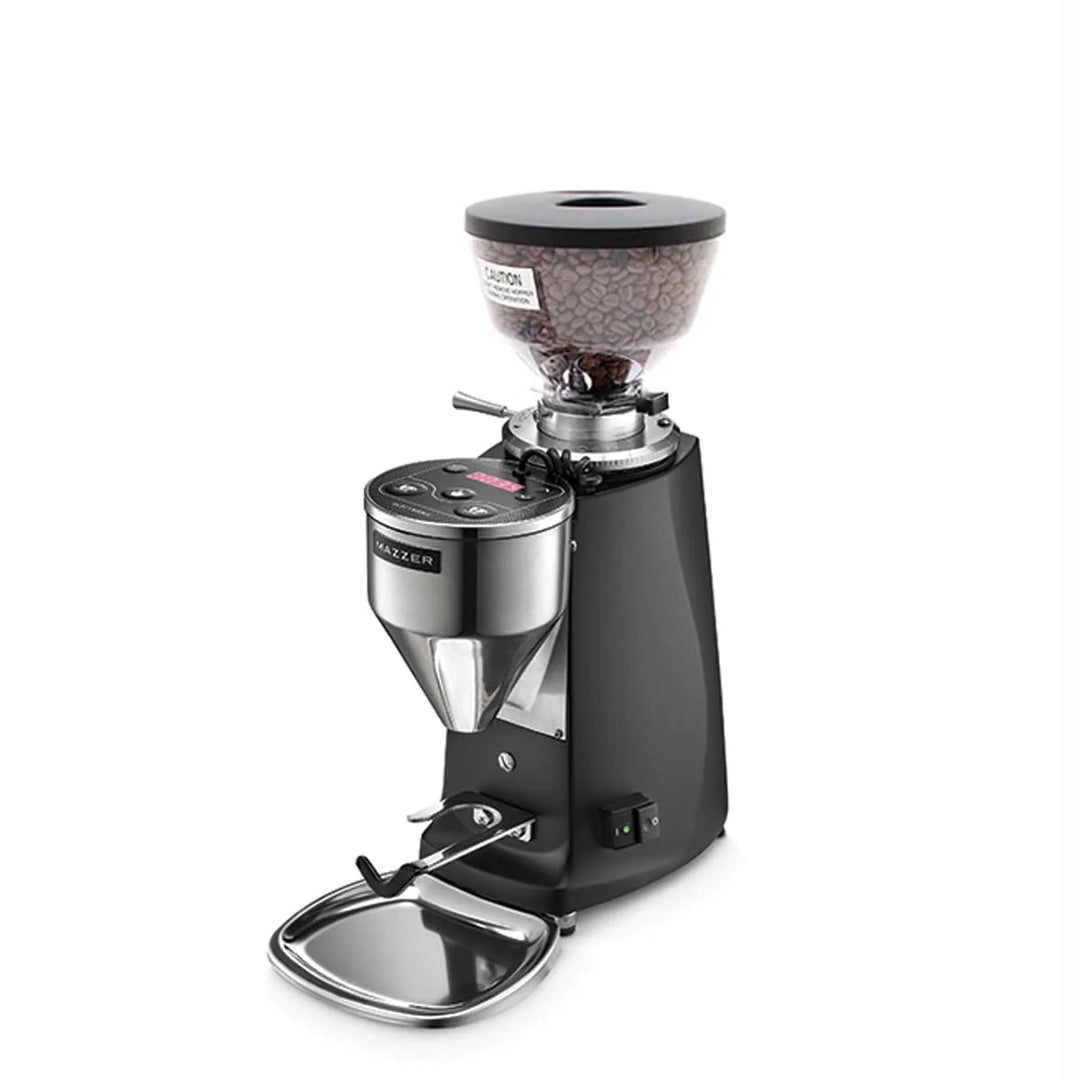Industrial Coffee Mill Guide: Boost Effectiveness and High Quality
In the affordable landscape of coffee manufacturing, picking the best industrial coffee mill plays a critical duty in improving both efficiency and product quality. Understanding the subtleties of different mill types and vital features-- such as personalized grind setups and robust building and construction-- can substantially affect the final flavor account of the coffee.
Understanding Grinder Types
When choosing an industrial coffee grinder, understanding the various types available is important for maximizing both taste removal and operational effectiveness. The 2 key sorts of grinders are blade grinders and burr mills. Blade grinders make use of sharp blades that slice coffee beans right into inconsistent sizes, causing uneven removal and possibly undesirable tastes. While blade grinders are typically extra economical and appropriate for small-scale procedures, they are typically not suggested for industrial use.

Ultimately, choosing the best kind of mill is important to maintaining high quality and efficiency in coffee manufacturing, making it essential for companies to purchase top notch burr grinders for ideal outcomes.
Trick Features to Consider
Choosing an industrial coffee grinder requires careful consideration of numerous crucial functions that can substantially influence both efficiency and the total coffee experience. Among the key facets to assess is the grinding system. Burr grinders are typically preferred over blade mills, as they provide a constant grind size, which is essential for optimum extraction and flavor.
One more important attribute is the grinder's capability. A functional grinder with several setups enables you to tailor the work size to various developing approaches, improving the coffee's flavor account.
The building material additionally plays a role in resilience and upkeep. Stainless steel components commonly provide longevity and are easier to clean, which is vital for maintaining health requirements. Lastly, examine the mill's sound degree, specifically in an active café or production environment, where extreme sound can be turbulent. Buying a mill that balances these attributes can substantially improve both functional effectiveness and the high quality of the coffee offered.
Optimizing Grinding Process
To achieve the finest outcomes in coffee prep work, optimizing the grinding process is necessary. The grind size dramatically affects extraction, flavor, and overall quality of the made coffee.


Furthermore, monitoring the grinding speed can optimize the process. Slower grinding typically creates much less warm, protecting fragile tastes and scents. On the other hand, quicker grinding might produce extreme warm, adversely affecting the coffee's high quality.
Maintenance and Care Tips
Proper maintenance and treatment of commercial coffee mills are crucial for making certain optimum efficiency and durability. Routine cleaning is the foundation of upkeep; deposit accumulation can impact flavor and grinding effectiveness. It is a good idea to clean up the grinder after each use, cleaning down the outside and eliminating any coffee grounds from the burrs.
In addition, check the grinding burrs for deterioration. Dull burrs can compromise work consistency, so they ought to be changed as essential. Industrial Coffee Grinder. Regularly calibrating the mill is likewise important, as this maintains the wanted work size for numerous brewing methods
Lubrication of relocating parts need to be done according to the producer's specifications, as this lowers friction and lengthens the life of the devices. It is important to use food-grade lubes to guarantee safety and security and compliance with health guidelines.
Lastly, maintain the grinder in a stable and dry setting to stop corrosion and rust. By sticking to these maintenance and care suggestions, operators can boost the performance of their industrial coffee mills while ensuring high-quality outcome and expanded operational life.
Roi Analysis
Assessing the roi (ROI) for commercial coffee mills is important for organizations looking for to optimize their coffee production abilities. A thorough ROI analysis helps figure out the economic stability of purchasing top quality grinders, Going Here enabling services to consider the first prices versus possible gains.
Examine the purchase rate of the grinder, including installation and any type of necessary alterations to existing facilities. High-performance grinders often lead to lowered grinding time and enhanced throughput, which can considerably enhance performance.
Furthermore, think about the effect on item quality. Industrial Coffee Grinder. Superior grinders yield an even more constant grind dimension, which can improve taste profiles and consumer fulfillment, ultimately driving sales. By raising the high quality of the end product, businesses can validate greater prices, bring about boosted revenue
Final Thought
In summary, an industrial coffee grinder plays a critical function in improving both effectiveness and item high quality within coffee manufacturing. Eventually, the calculated financial investment in a trusted mill adds substantially to boosted income and competitiveness in the coffee industry.
In the competitive landscape of coffee production, selecting the right commercial coffee grinder plays a critical duty in improving both performance and item top quality. The 2 main types of grinders are blade mills and burr mills. Within this contact form the burr grinder category, there are level burr mills and cone-shaped burr grinders, each with next page its advantages. Burr mills are normally chosen over blade grinders, as they provide a regular work size, which is essential for optimal removal and flavor.
In summary, a commercial coffee mill plays a critical role in boosting both effectiveness and product top quality within coffee manufacturing.